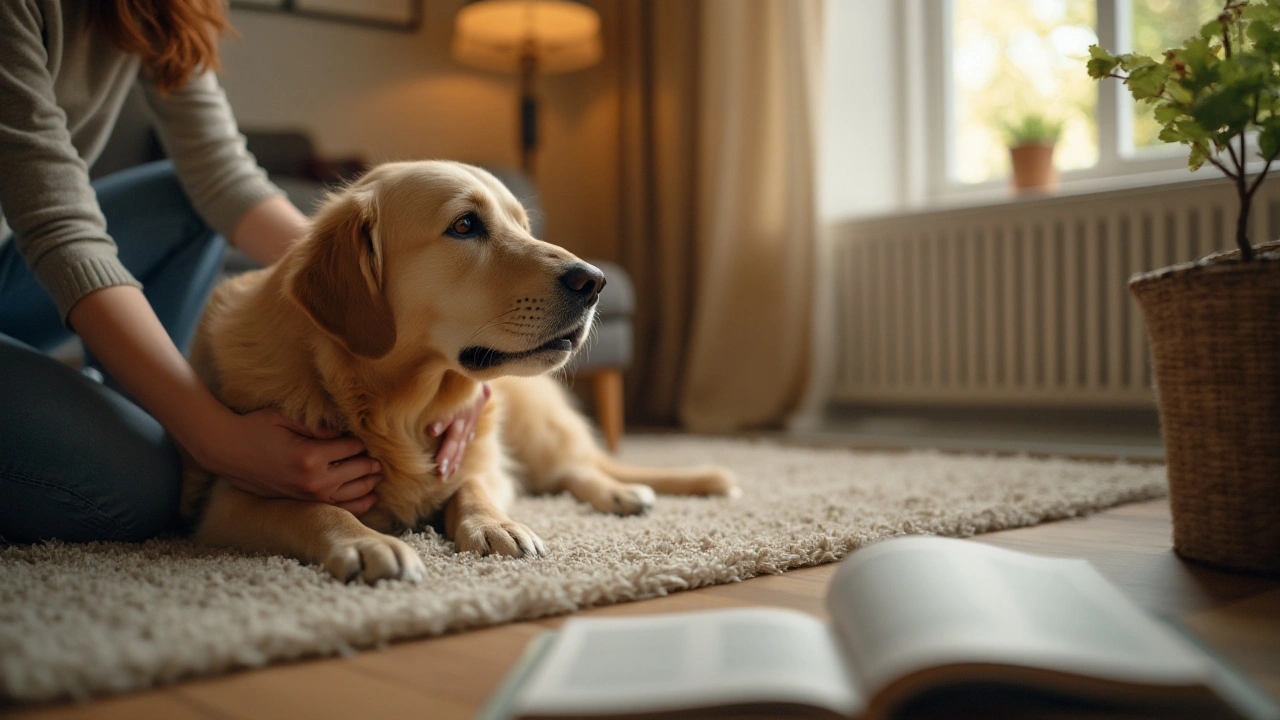September 2024 Pet Health Archive: Gastroenteritis in Pets
If your dog or cat has been vomiting, having loose stools, or seems unusually tired, you might be looking at gastroenteritis. This common tummy trouble can strike any pet, but the good news is that most cases are manageable with the right steps. Below we break down what gastroenteritis is, how to spot it early, and what you can do to help your furry friend feel better fast.
What Is Gastroenteritis?
Gastroenteritis is simply inflammation of the stomach and intestines. In pets, it usually shows up as vomiting, diarrhea, loss of appetite, or a combination of these signs. The condition can be caused by anything from a sudden change in diet to infections, parasites, or even stress. While most mild cases clear up on their own, severe bouts may need veterinary care to avoid dehydration and other complications.
How to Spot It and Help Your Pet
The first clue is often a change in bathroom habits—runny poop or frequent trips outside the house. If you also notice your pet puking, feeling sluggish, or refusing food, it’s time to act. Offer small amounts of water frequently; this helps prevent dehydration without overwhelming their stomach. After a few hours, introduce bland foods like boiled chicken and rice in tiny portions. Keep an eye on symptoms for 24‑48 hours—if they worsen or don’t improve, call your vet.
Prevention is easier than cure. Stick to a consistent diet, avoid giving table scraps, and transition new foods slowly over a week. Regular deworming and vaccinations reduce the risk of infectious causes. Also, keep stressful situations low—new pets, loud noises, or travel can upset a pet’s gut just as easily as a bad meal.
When you do need professional help, your vet may run stool tests, blood work, or imaging to pinpoint the cause. Treatment could include fluid therapy, anti‑nausea medication, or antibiotics if a bacterial infection is suspected. Most pets bounce back quickly once the underlying issue is addressed and supportive care is provided.
Remember, every pet is unique, so what works for one may not work for another. Keep a log of your pet’s food, activities, and any symptoms—you’ll thank yourself when you need to share details with the vet. And don’t forget that regular check‑ups can catch early signs before they turn into full‑blown gastroenteritis.
Stay informed, stay prepared, and give your furry companion the care they deserve. For more pet health tips, browse our archive or sign up for updates from Netmeds.su.
Gastroenteritis in Pets: Protect and Care for Your Furry Friends
Gastroenteritis is a common condition in pets characterized by inflammation of the gastrointestinal tract. This article explores its causes, symptoms, and treatment options while offering practical tips to prevent it. Read on to learn how to keep your furry companions healthy and happy.

